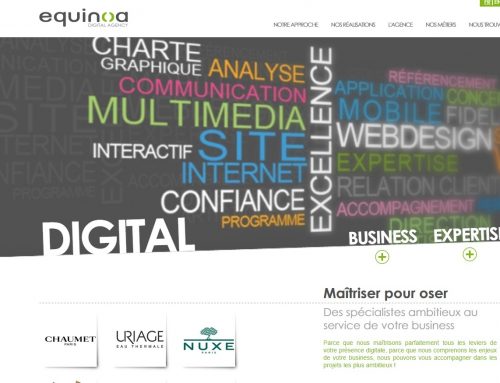A professional SEO translation of your website gives you the best possible chance of success on your new markets, each with its own unique language and culture. Find out more about these specialist SEO translators, their training and the tools they use to translate and optimize your website.

The professional translator’s CV
There are many people out there without any training who claim to be translators. Translation is a complex discipline that requires specialist studies to guarantee a professional result.
Professional translators, whichever their country of origin, have generally completed postgraduate-level studies. They have often graduated with a bachelor’s degree in languages, which takes 3–4 years, then a master’s degree in translation, after another 1 or 2 years.
Having finished these studies, translators have detailed knowledge of all aspects of translation. They are familiar with all translation methods and tools. They can produce a grammatically perfect text in their native language and adapt the content according to the type of text and the target audience. Nowadays, website translators must also offer SEO translation services, so that the translated website is optimized for search engines in the target country.
Professional translators are able to use computer-assisted translation tools, glossaries and translation memories to work as efficiently as possible. They are also experts in managing a schedule and organize their time to perfection.
Professional translation tools
CAT (computer-assisted translation) software

Computer-assisted translation is not to be confused with machine translation. Machine or automatic translation, as the name suggests, is carried out entirely by a machine, with no human intervention.
Computer-assisted translation is 100% human translation aided by automated processes that help translators save time and produce consistent texts. Two of the main CAT tools are SDL Trados and MemoQ.
Translation memories
CAT tools enable translators to create translation memories, which store all translated content so that the translator can re-use it in the future. This means that the translator does not have to translate the same content several times and can re-use terminology to guarantee a consistent translation.
Translators who work with translation memories can produce a translation of better quality in less time.
What is professional SEO translation?

Today, other expertise, related to website optimization, is crucial for translators who translate websites. A SEO translation of your website will improve your positioning on search engines in the country or countries in which you want to establish your business.
To achieve this, keywords must be translated by an SEO-specialist translator. A literal, word-for-word translation is nearly always ineffective in this case. The translator must study the keywords in the source language then find a translation that is adapted to the target audience.
Keyword search tools
To analyse the effectiveness of a keyword on search engines, SEO-specialist translators use various tools that are designed to find the best keywords. The Google Adwords Keyword Planner helps to target a specific audience while reaching the most potential customers possible. This tool indicates the number of times a keyword has been searched and how competitive it is. The translator can therefore find the most effective keywords, or, in other words, keywords that are often searched by the target audience but have not been used very much by the competition.
If you are looking for a SEO translation of your website, contact Milega, the e-commerce SEO translation agency:






